Translation by Koichi Mori
Shinji Higuchi is a filmmaker and storyboard artist. At a young age, he was taken on a tour by his aunt to Toho Studios, where he saw the making of tokusatsu in action, which greatly inspired him. He would get his big start as an assistant modeler for the production of “The Return of Godzilla” and further advance career-wise with his collaborations with the studio Daicon. During that period, he would meet fellow filmmaker Hideaki Anno, who would become a close friend and frequent collaborator. Higuchi's recognition would peak for his phenomenal work directing the special effects for the “Heisei Gamera Trilogy” directed by Shusuke Kaneko. Since then, he has been hailed both natively and internationally for his exceptional work as a special effects director and his movie directorial career. Higuchi's latest film is “Shin Ultraman” the newest entry in the long-running “Ultra” franchise and a major passion project since he and the production's screenwriter Hideaki Anno are self-proclaimed Ultraman fans. The movie was initially delayed for release due to the COVID-19 pandemic, but it gave Higuchi and the team more time to perfect this personal work. Upon release, the feauture was met with major success financially and received positive feedback from audiences. It has also made its international debut.
On the occasion of the film being screened at the New York Asian Film Festival, we speak with him about Ultraman, aspects of “Shin Ultraman,” the special effects of the movie, and other topics.
“Shin Ultraman” is screening on New York Asian Film Festival
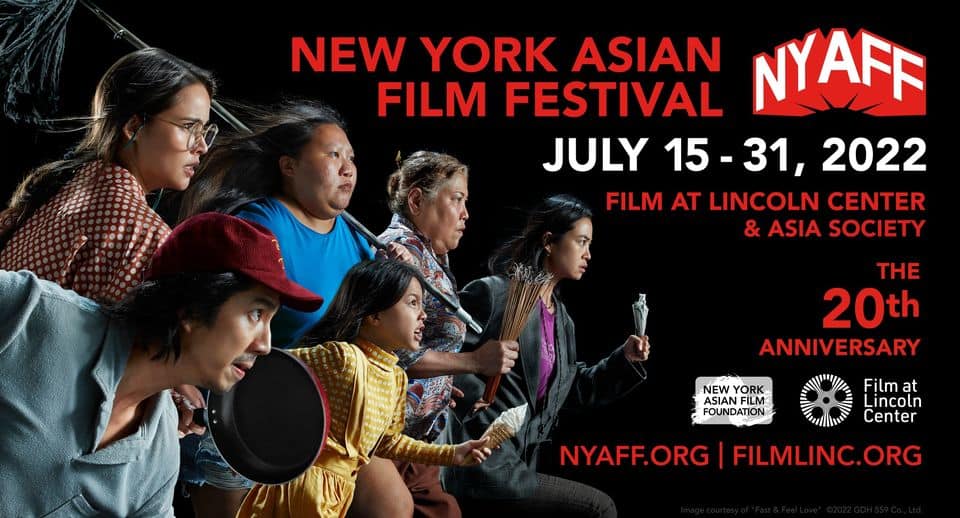
What makes the character of Ultraman special to you and why did you decide to shoot the latest entry in the series?
I decided to shoot it because of the wonderful script written by Hideaki Anno.
“Shin Ultraman” is an endearing love letter to Ultraman 1966. With the “Ultra” series going on for as long as it has, what separates Ultraman 66 from the rest of the franchise?
Ultraman (the first TV series released in 1966) is the first Ultraman. That was the moment when “0” became “1.” The rest were just “2” becoming “3” and “3” becoming “4.” The first one was all about creating that hero from nothing at the very beginning.
The film is full of witty humor and social comments addressing issues such as xenophobia and political conflict. What makes social satire an appealing method of addressing issues in society?
While we want children to enjoy the film, the friction within society was the real thrill of the fiction, and something that could already be seen throughout the original series.
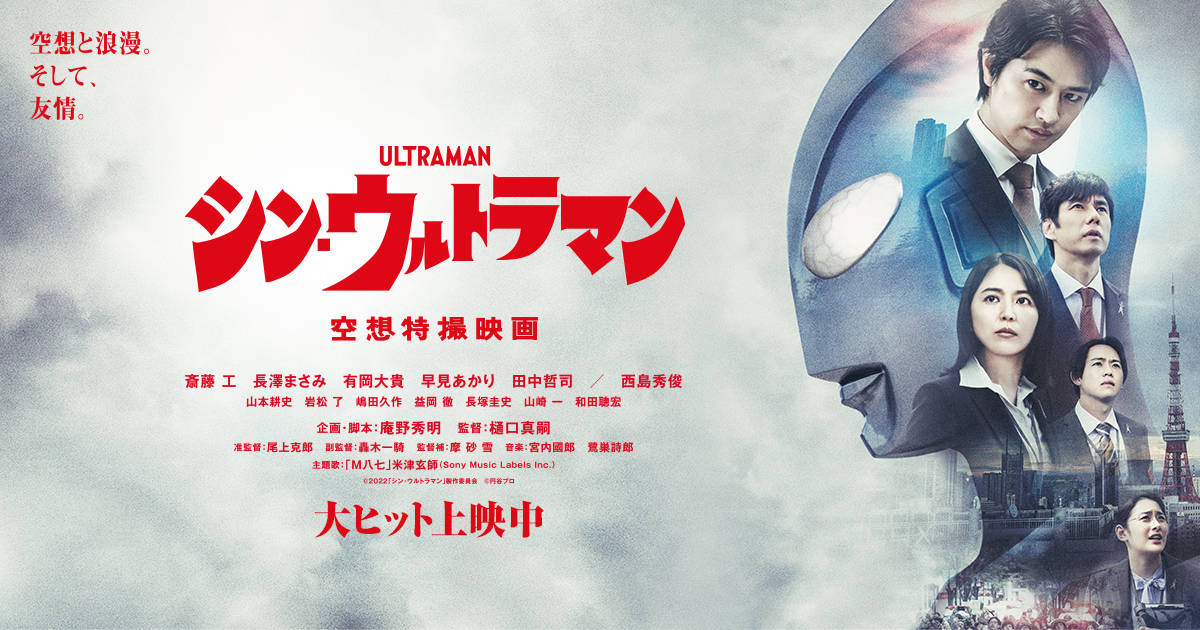
Do you think that is the way for the franchise to appeal to contemporary audiences, by commenting on present issues?
I don't think that's all there is to it, but I think it's an effective way to make a leap forward into a compelling story.
The film exhibits impressive cinematography and SFX. Can you tell us a bit more about what you wanted to achieve in these two aspects and in the visuals of the movie in general?
We aimed to update the cutting-edge visual expressions that were created by the young [Tsuburaya team] more than 50 years ago and had fascinated us as children, giving them a modern update that is appropriate for today, 5 decades later.
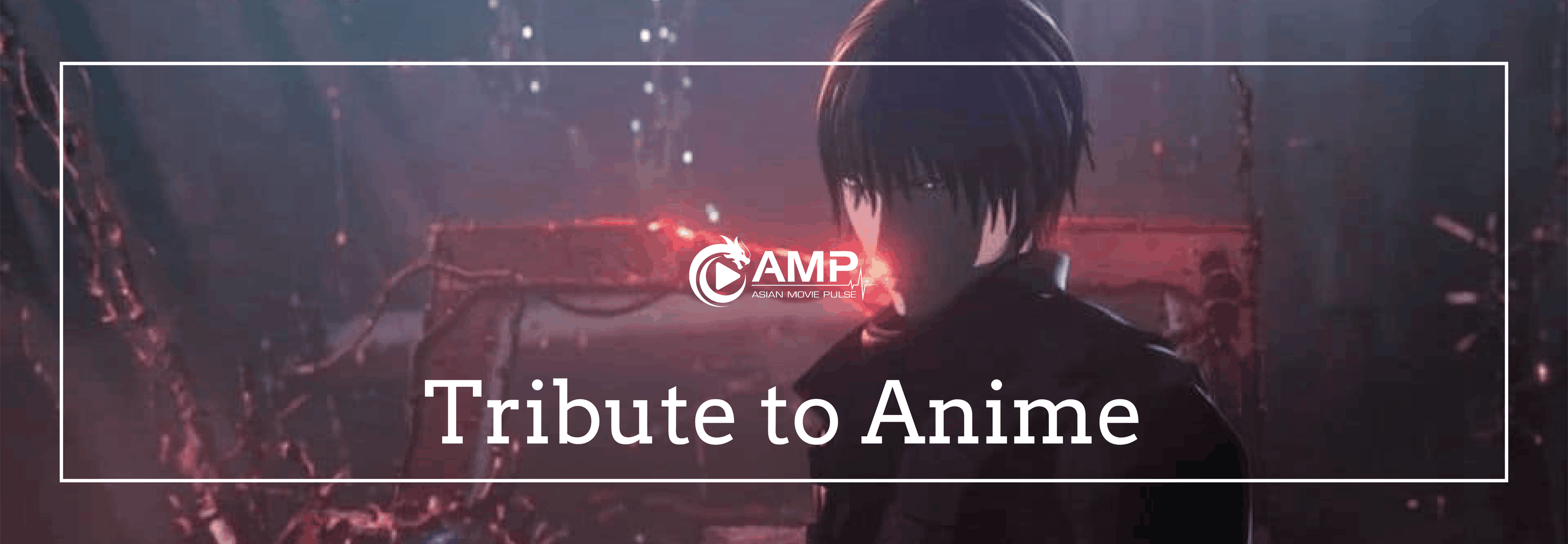
What did you aim for in the presentation of the various creatures, including Ultraman?
I was looking for Ultraman-ness.
Many talented actors such as Takumi Saitoh, Masami Nagasawa, and Hidetoshi Nishijima are featured in the movie. What were you looking for performance-wise with the cast you were working with, and how was the casting process in general?
It's all about getting people to believe in the existence of a fictional world.
What is your opinion about the Japanese movie industry now?
I am not in a position to make an objective judgment.
Are you working on any new projects at the moment and are there plans for a sequel of Ultraman?
No comment.


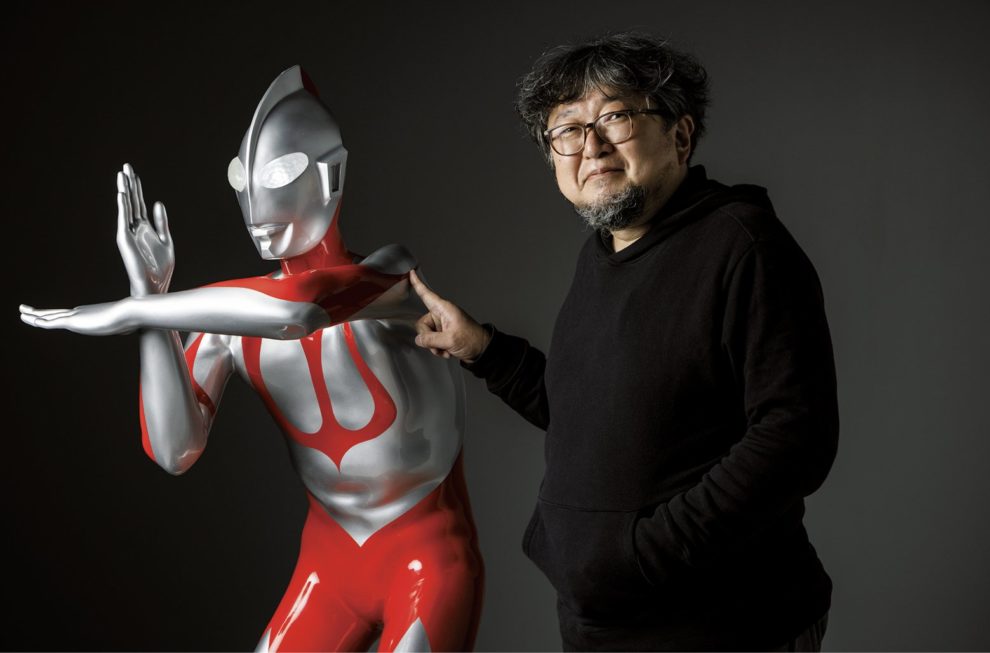
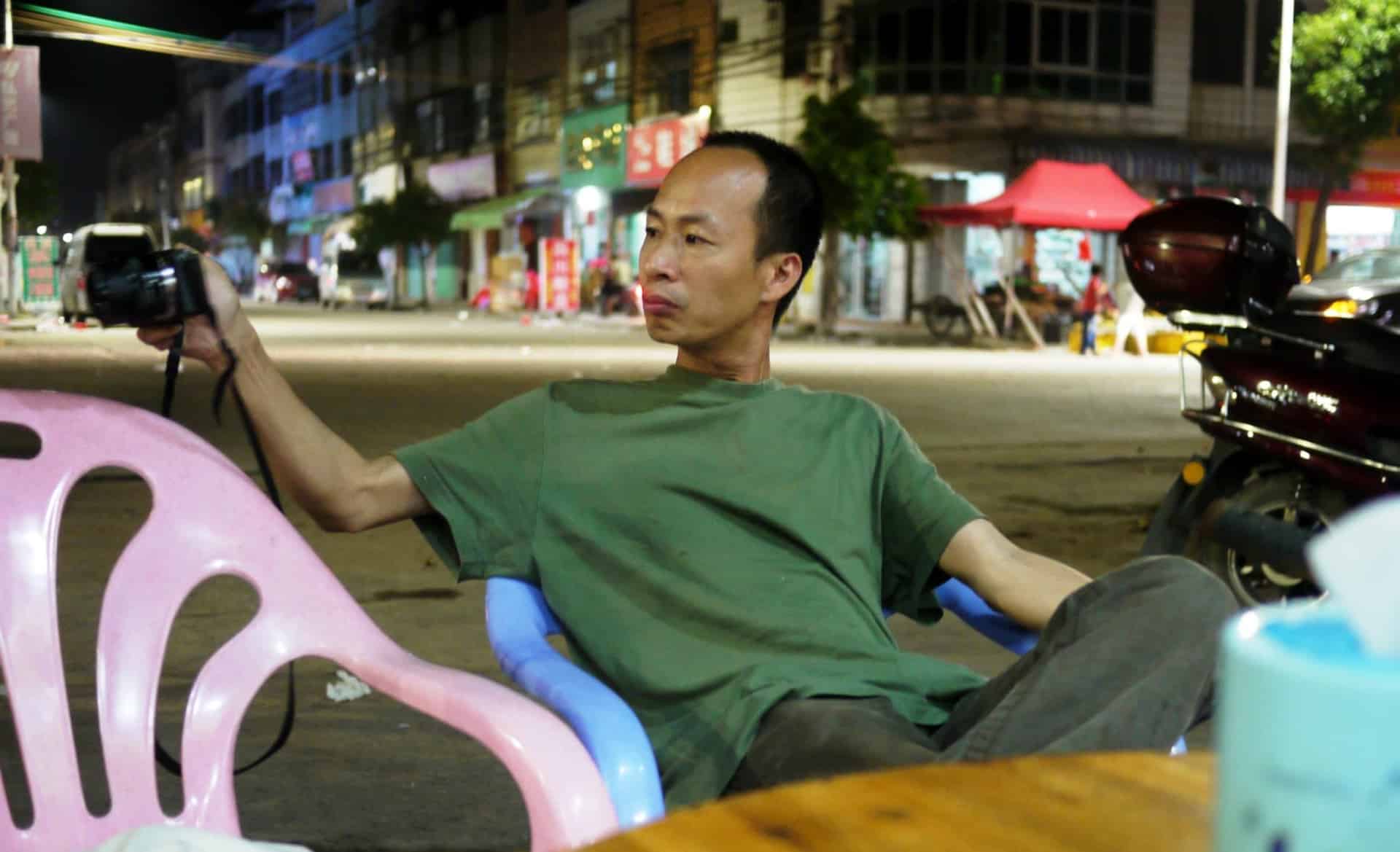

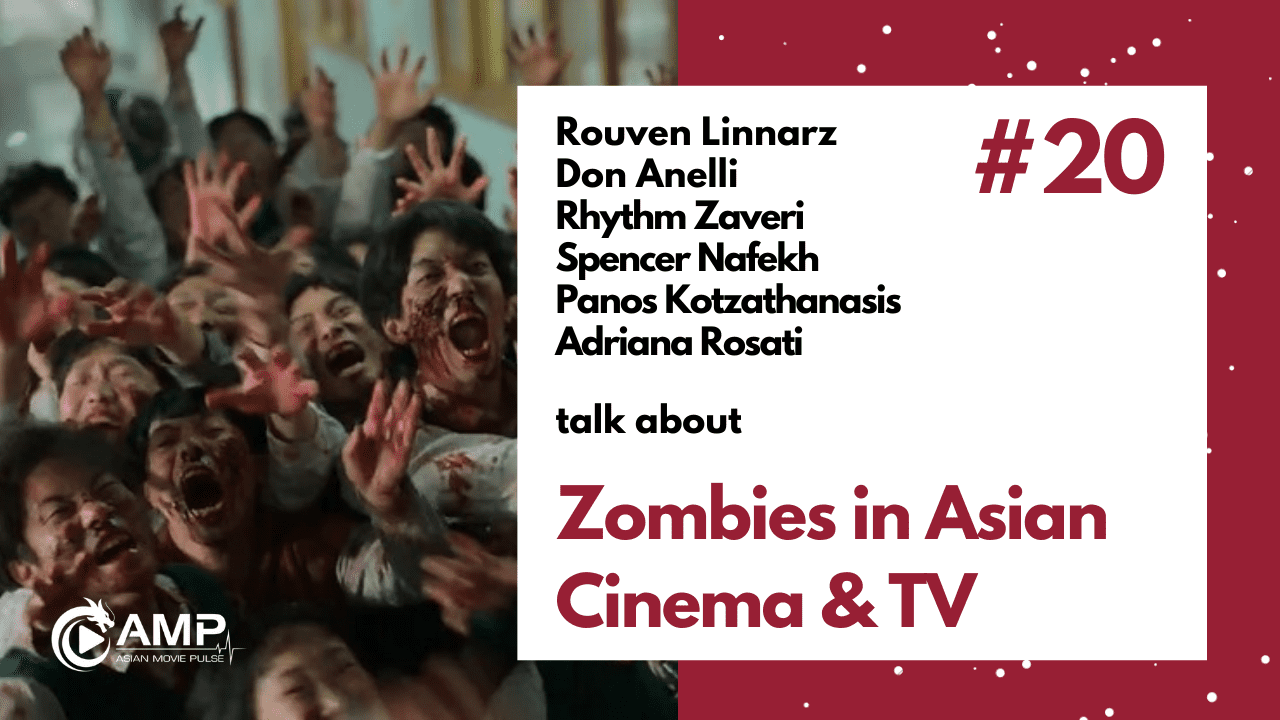
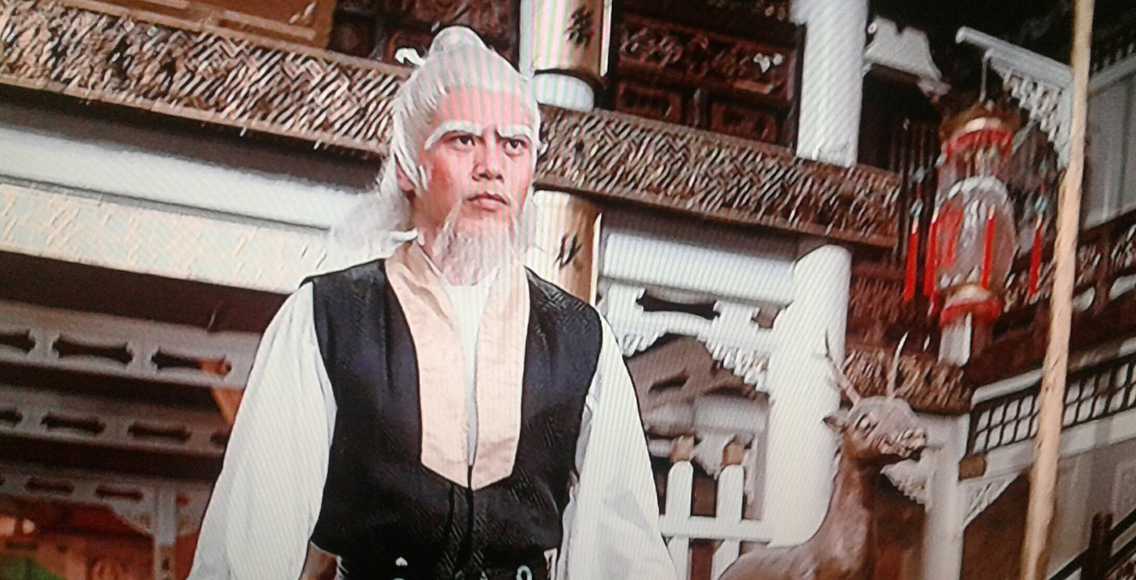

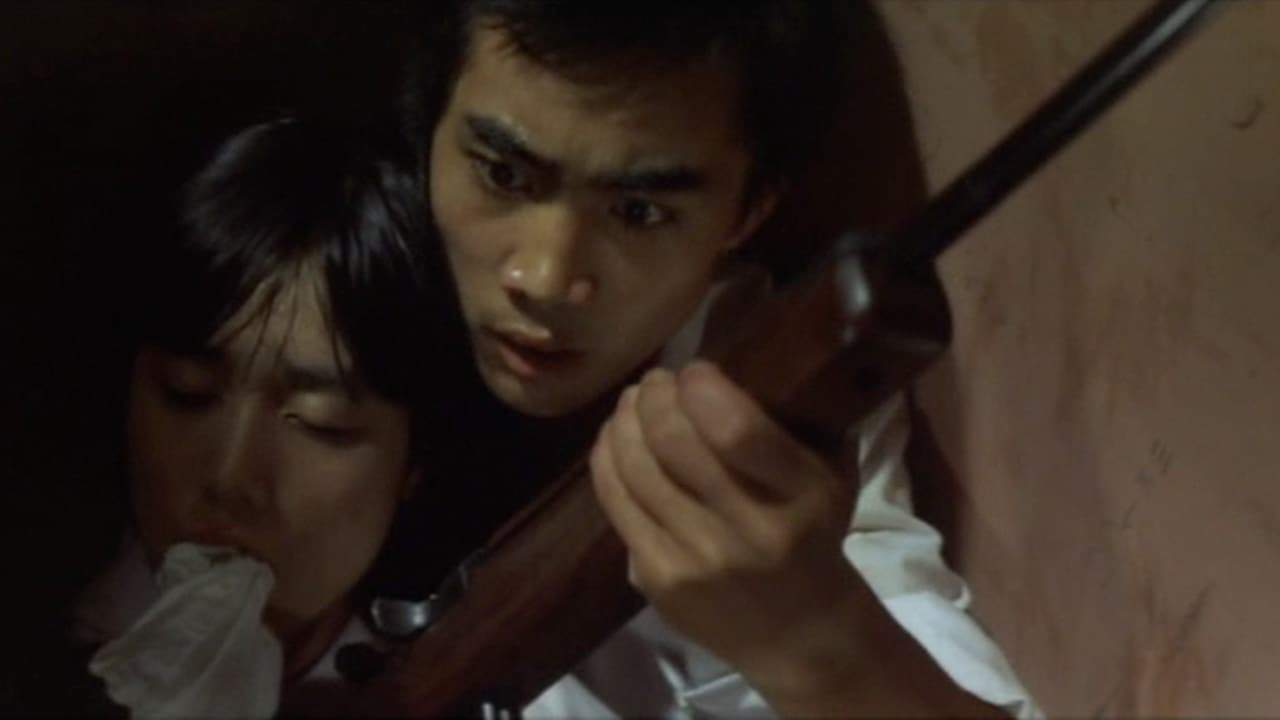







Great questions,liked the filmmakers views on the project,makes me want to see it.
Thank you for your kind words